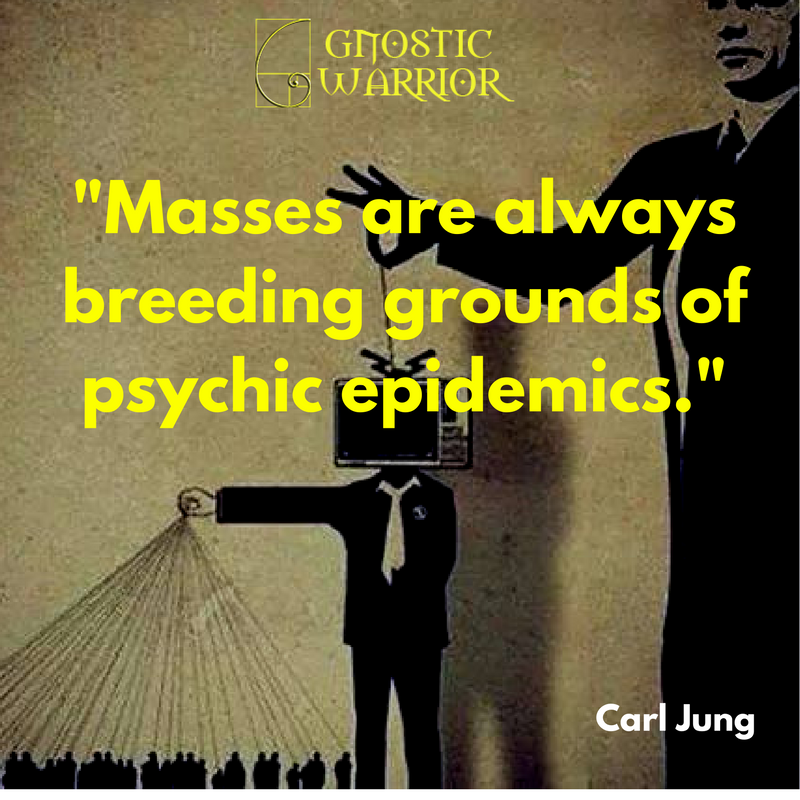The above proves only that de Gasparin makes no difference between phenomena purely magnetic, produced by the persevering will of the sitters among whom there may be not even a single medium, developed or undeveloped, and the so-called spiritual ones. While the first can be produced consciously by nearly every person, who has a firm and determined will, the latter overpowers the sensitive very often against his own consent, and always acts independently of him. The mesmerizer wills a thing, and if he is powerful enough, that thing is done. The medium, even if he had an honest purpose to succeed, may get no manifestations at all; the less he exercises his will, the better the phenomena: the more he feels anxious, the less he is likely to get anything; to mesmerize requires a positive nature, to be a medium a perfectly passive one. This is the Alphabet of Spiritualism, and no medium is ignorant of it.
Page 110
The opinion of Thury, as we have said, disagrees entirely with Gasparin’s theories of will-power. He states it in so many plain words, in a letter, in answer to the invitation of the count to modify the last article of his memoire. As the book of Thury is not at hand, we translate the letter as it is found in the resume of de Mirville’s Defense. Thury’s article which so shocked his religious friend, related to the possibility of the existence and intervention in those manifestations “of wills other than those of men and animals.”
“I feel, sir, the justness of your observations in relation to the last pages of this memoire: they may provoke a very bad feeling for me on the part of scientists in general. I regret it the more as my determination seems to affect you so much; nevertheless, I persist in my resolution, because I think it a duty, to shirk which would be a kind of treason.
“If, against all expectations, there were some truth in Spiritualism, by abstaining from saying on the part of science, as I conceive it to be, that the absurdity of the belief in the intervention of spirits is not as yet demonstrated scientifically (for such is the resume, and the thesis of the past pages of my memoire), by abstaining from saying it to those who, after having read my work, will feel inclined to experiment with the phenomena, I might risk to entice such persons on a path many issues of which are very equivocal.
“Without leaving the domain of science, as I esteem it, I will pursue my duty to the end, without any reticence to the profit of my own glory, and, to use your own words, ‘as the great scandal lies there,’ I do not wish to assume the shame of it. I, moreover, insist that ‘this is as scientific as anything else.’ If I wanted to sustain now the theory of the intervention of disembodied spirits, I would have no power for it, for the facts which are made known are not sufficient for the demonstration of such a hypothesis. As it is, and in the position I have assumed, I feel I am strong against every one. Willingly or not, all the scientists must learn, through experience and their own errors, to suspend their judgment as to things which they have not sufficiently examined. The lesson you gave them in this direction cannot be lost.
“GENEVA, 21 December, 1854.”
Let us analyze the above letter, and try to discover what the writer thinks, or rather what he does not think of this new force. One thing is certain, at least: Professor Thury, a distinguished physicist and naturalist, admits, and even scientifically proves that various manifestations take place. Like Mr. Crookes, he does not believe that they are produced by the interference of spirits or disembodied men who have lived
Page 111
and died on earth; for he says in his letter that nothing has demonstrated this theory. He certainly believes no more in the Catholic devils or demons, for de Mirville, who quotes this letter as a triumphant proof against de Gasparin’s naturalistic theory, once arrived at the above sentence, hastens to emphasize it by a foot-note, which runs thus: “At Valleyres — perhaps, but everywhere else!” showing himself anxious to convey the idea that the professor only meant the manifestations of Valleyres, when denying their being produced by demons.

Moe is the founder of GnosticWarrior.com. He is a father, husband, author, martial arts black belt, and an expert in Gnosticism, the occult, and esotericism.





